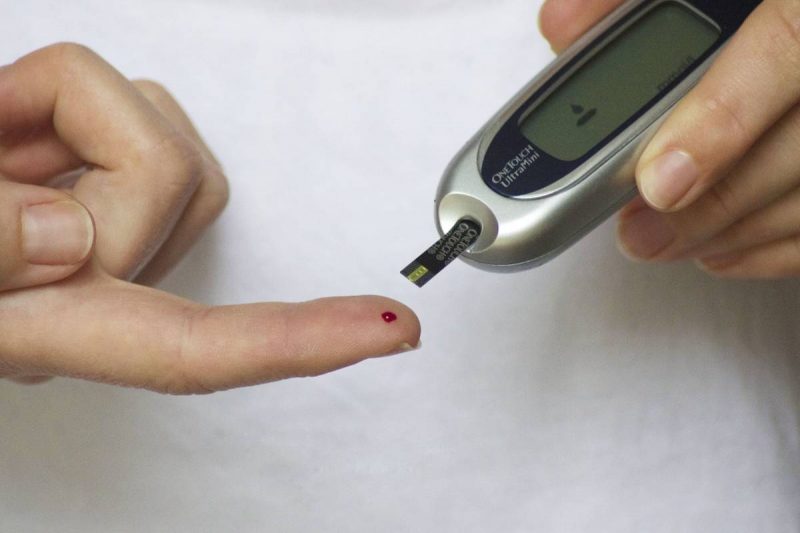Researchers have found that prediabetes increases people’s risk of heart disease and death, especially if they have a history of heart issues.
Prediabetes is a “pre-diagnosis” of diabetes – when a person’s blood sugar level is higher than normal, but not high enough to be considered diabetes.
It is estimated that more than 470 million people worldwide will have prediabetes by 2030 and up to 70 per cent of them will eventually develop type 2 diabetes, the study published in the journal The BMJ, reported.
“Prediabetes is associated with an increased risk of all-cause mortality and cardiovascular disease (CVD) in both the general population and patients with a history of heart disease,” the study authors from the Southern Medical University in China, wrote.

For the findings, the research team analysed the results of 129 studies on associations between prediabetes and the risk of CVD and death from any cause (all-cause mortality) in individuals with and without a history of heart disease.
The studies involved over 10 million individuals. Most were of high quality and took account of other potentially important factors, such as age, sex, ethnicity, and lifestyle.
The results show that in the general population, prediabetes was associated with a 13 per cent increased risk of all-cause mortality and a 15 per cent increased risk of cardiovascular disease, over an average follow-up time of around 10 years.

It also carried a higher risk of coronary heart disease and stroke. In absolute terms, this equates to seven extra deaths per 10,000 person-years and almost nine extra cases of cardiovascular disease per 10,000 person-years in the general population, compared with normal blood sugar levels.
In patients with a history of heart disease, prediabetes was associated with a 36 per cent increased risk of all-cause mortality and a 37 per cent increased risk of cardiovascular disease.
The researchers also found that impaired glucose tolerance (higher than normal blood sugar levels after eating) carried a higher risk of all-cause mortality, coronary heart disease and stroke than impaired fasting glucose (higher than normal blood sugar levels after a period of fasting).
“Screening and proper management of prediabetes may contribute to primary and secondary prevention of CVD,” the researchers noted.









